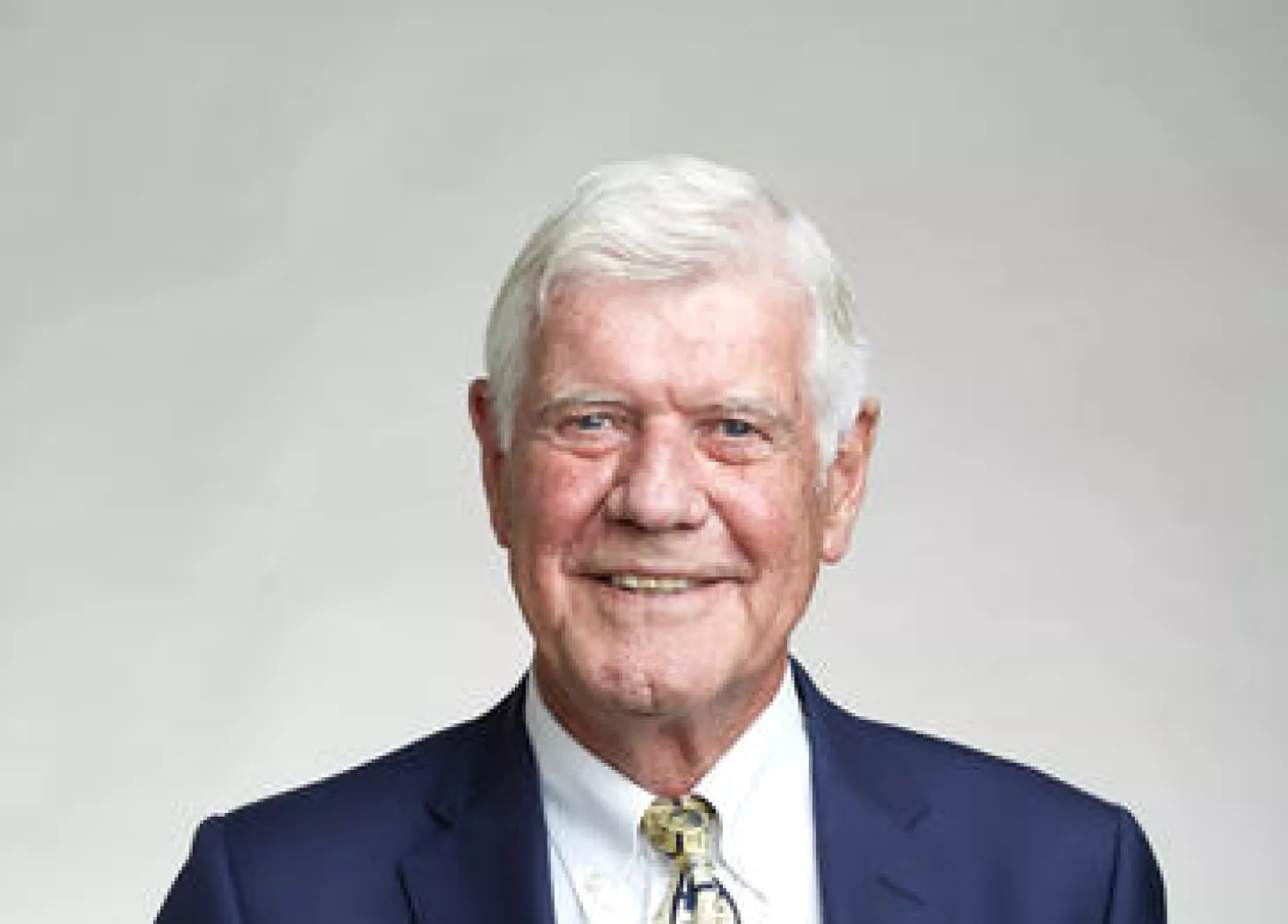Colleagues at the IOI are saddened about the passing of Prof Graham Richards. Prof Richards made exceptional contributions to Chemistry and to the University of Oxford throughout his illustrious career and will be greatly missed by his colleagues and friends at the IOI.

Prof Richards played a pivotal role in establishing the IOI, including identifying the institute’s focus areas and funding and governance mechanisms.
Prof Christopher Schofield, Director of Chemistry at the IOI said, “Graham Richards was a genuine pioneer in applying computational methods to studying biological mechanism and for the discovery of new medicines. He was also an inspirational, kind and generous leader of Chemistry in Oxford who worked for the department as a whole.
“One of his most important achievements was the Chemistry Research Laboratory (or CRL), which acted as a paradigm for chemistry buildings worldwide. Graham was an important supporter of connections between industry and basic research and was instrumental in establishing the Ineos Oxford Institute for Antimicrobial Research, the chemistry component of which is housed in the CRL. The world needs more like him!”
Prof Tim Walsh, Director of Biology at the Ineos Oxford Institute said, “Graham was instrumental in advocating for the importance of an institute like the IOI- based in academia with links to industry and policy. We worked closely together to ensure that the institute’s research themes were credible, unique and vital in solving the challenge of AMR. On a personal note, he was the very zenith of gentility and extremely likeable.”
Prof Richards graduated with a first-class degree in Chemistry from Brasenose College 1961. He followed this with a DPhil in 1964 under the supervision of Richard Barrow, working on electronic spectroscopy of diatomic molecules.
During his career the focus of his work shifted towards biological chemistry. Prof Richard's work on early computational drug discovery programmes laid the foundations for the field now known as computer-aided molecular design. A computer program that he developed asked people to donate their home computing power to scientific research, screening billions of molecules for cancer-fighting potential using idle screensaver time. The project, which finished in 2007, ran for six years and made use of a combined 450,000 years of computer time to identify molecules with potential for drug development.
Prof Richards served as Chairman of the newly unified Department of Chemistry from 1997 to 2006. He was instrumental in fundraising for and building the new Chemistry Research Laboratory, a world-class facility for modern chemical research that was opened by Queen Elizabeth II in 2004. The building, which required over £60 million in fundraising, was partially funded thanks to his work in negotiating a large-scale innovative equity-sharing deal. He was also involved in founding the University’s technology transfer company, ISIS Innovation Ltd (now known as Oxford University Innovation), which he directed for 20 years. His pioneering leadership paved the way for a culture of enterprise and innovation at Oxford that continues to this day.
Prof Richards retired in 2007, but continued to offer help, advice and guidance to the University. He served as a member of Chemistry’s Development Board until his death and was a regular visitor to the Department, often coming to share tea and cake with former colleagues. He will be sorely missed.
